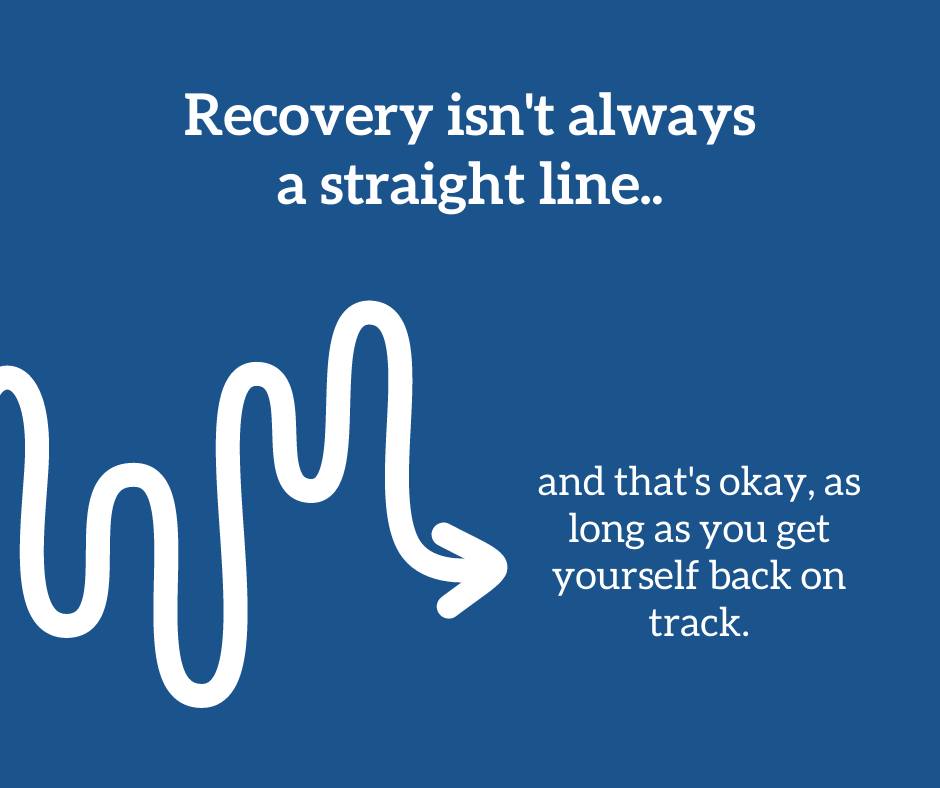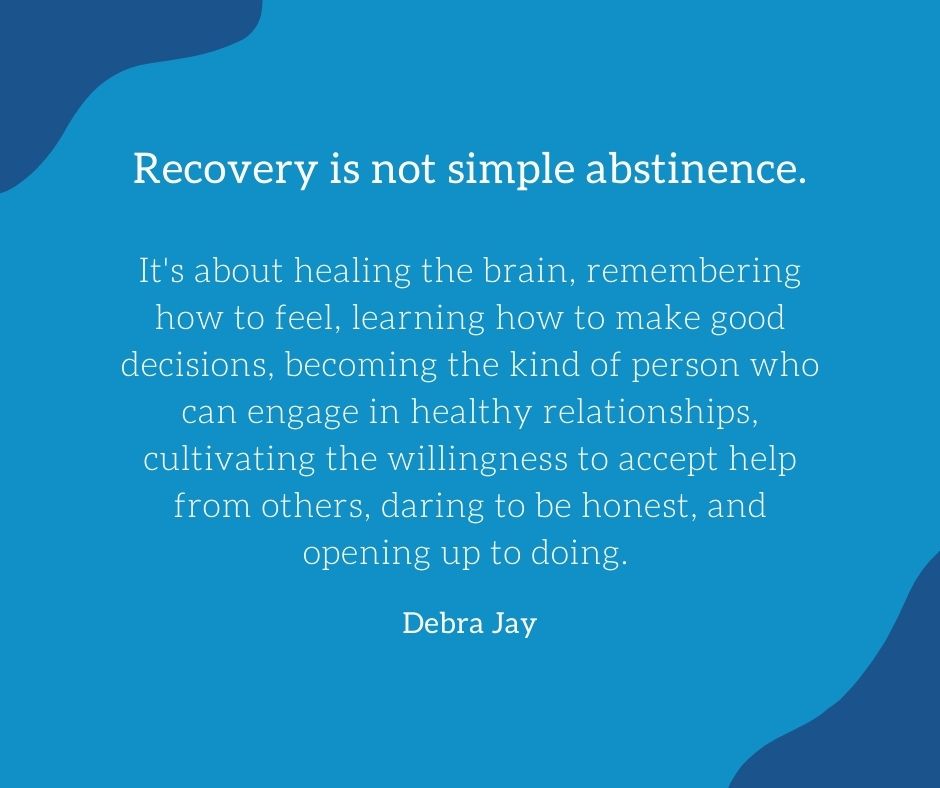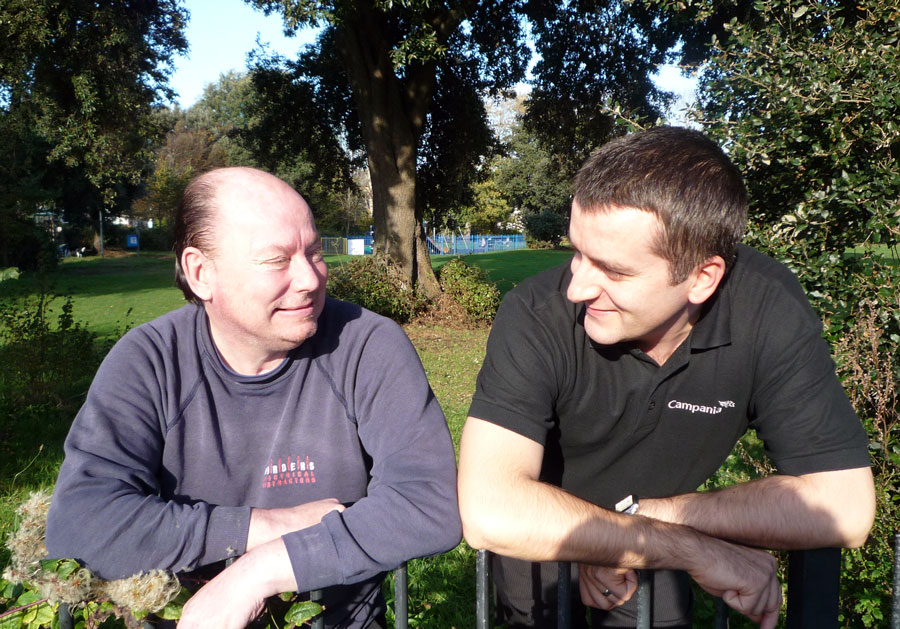The festive season is a time of celebration, connection, and joy for many. However, for those in recovery from addiction, it can also be a challenging time. Social gatherings, festive drinks, and the pressure to “let loose” can feel overwhelming when you are committed to maintaining your sobriety. At ARBD Care, we understand the unique difficulties that come with celebrating the holidays while staying sober, and we want to offer some support and guidance as you navigate this season and prepare for a fresh start in the new year.
Embrace the Journey: Recovery is Not a Straight Line
First and foremost, it’s important to remember that recovery is not a linear process. There are highs and lows, setbacks, and triumphs. Whether you’re newly sober or have been in recovery for years, there are always challenges to face. Sobriety isn’t about perfection — it’s about progress. During the holiday season, the temptations and stresses may seem amplified, but that doesn’t mean you aren’t making progress.
If you stumble or feel overwhelmed, don’t be hard on yourself. Recovery isn’t a race, and setbacks are part of the process. What matters most is how you respond, learn from those moments, and continue moving forward.

Stay Connected: Lean on Your Support Network
One of the most crucial aspects of recovery is building a solid support system. During the festive season, it can be helpful to surround yourself with people who understand your journey and encourage your sobriety. Whether it’s a friend, a family member, or a fellow member of your support group, having someone to talk to can make a world of difference.
If you’re invited to a holiday gathering, it might help to bring a trusted friend with you for added support, or to let the host know about your sobriety in advance. You can even offer to be the designated driver if it makes you feel more comfortable. In these situations, remember that it’s okay to set boundaries that support your recovery, whether it’s leaving early, avoiding alcohol-focused gatherings, or politely excusing yourself from certain situations.
Self-Care: Prioritise Your Wellbeing
The holidays can be a busy and stressful time, and it’s easy to put your own well-being on the back burner. But self-care is vital for maintaining sobriety, especially during emotionally charged moments. Be sure to schedule time for activities that relax and rejuvenate you. This could be something as simple as taking a walk, journaling your thoughts, or practising mindfulness or meditation.
The festive season also presents an opportunity to reflect on what you’re grateful for, which can bring a sense of peace and contentment. Sobriety can open up a whole new world of experiences and emotions that might have been clouded before. Embrace the chance to connect with your feelings and appreciate the positive aspects of your life.

As you journey through recovery, it’s important to recognise that even after achieving sobriety, you may still experience lingering effects from past alcohol misuse. These could manifest as symptoms of Alcohol Related Brain Damage (ARBD), which can sometimes be overlooked. Early signs of ARBD include poor balance and coordination, confusion about time and place, physical symptoms such as weakness, numbness, or pain, and ataxia (a lack of muscle control and coordination, which may or may not improve). Peripheral neuropathy, which causes weakness, numbness, and pain, usually in the hands and feet, and visual disturbances like nystagmus (uncontrolled eye movements) are also common signs.
At ARBD Care, we understand the complexities of living with these effects, and we are here to support you. We provide specialist care for individuals living with ARBD in three dedicated care homes across Weston-Super-Mare, North Somerset, and Torquay, Devon. We’re one of the few care providers in the UK offering this specialised service, catering to those affected by the abuse of alcohol — both past and present. Our team also offers expert support for conditions such as Korsakoff’s syndrome and Wernicke’s encephalopathy, collectively known as Wernicke-Korsakoff’s Syndrome.

When you come to stay in one of our ARBD homes, we develop a tailored support plan to help you regain independence and integrate back into the community. Our aim is to support you in managing the challenges of ARBD and work towards living as independently as possible. If you or a loved one is experiencing any of these symptoms, we are here to help with compassionate care and professional support.
Reach out to us today to learn more about how we can assist in your recovery journey.












